Transforming one’s body is never an easy task. Whether it’s to lose weight, add muscle or a combination of both that may be a hard journey because the body is trying to keep homeostasis (keeping your body the same).
There are other factors that come into play that make it difficult to lose weight beyond the body fighting the process. Those factors of why weight loss is so hard will be covered in this article as well as 7 ways to lose weight.
How Weight Loss Works
There are many factors that influence weight loss, and each of these factors can differ from person to person, making it difficult to lock down the “exact way” someone can lose weight. Your metabolism converts what you eat and drink into energy, but the rate at which your metabolism works can be influenced by several factors, including body composition, sex, and age. Although you can’t control how fast or slow your metabolism works, there are ways to control how many calories you’re burning, which in turn should lead to weight loss. Living an active lifestyle, exercising aerobically regularly, and doing moderate strength training are all recommended to help burn calories and shed weight.
In order to lose weight, it’s recommended to implement a “calorie deficit lifestyle”, meaning you are burning more calories than you are consuming in a day. But be careful, as too much weight loss in a short period of time can be dangerous!
How Much Weight Loss Is Healthy
According to the CDC, people who lose weight at a rate of 1-2 pounds per week are more successful at keeping it off than those who lose weight more quickly. Losing more than that, according to many health professionals, can put you at risk for health problems, including muscle loss, gallstones, nutritional deficiencies, and a drop in metabolism.
These health conditions are not only dangerous but can also make it hard for people to keep weight off, which is why it is not recommended to lose weight at a rate faster than 1-2 pounds per week. This can be achieved and maintained in no small part through the implementation of healthy eating and sustained physical activity.
However, once this weight loss has been achieved, it’s not as though you can forget about the work you’ve done to get to this point. Continuation of the steps that led to weight loss, such as healthy eating and physical activity, is just as important as the initial weight loss.
Studies have shown that individuals who have maintained their weight loss reported positive changes in their energy levels, physical mobility, general mood, and self-confidence. Even small weight losses of 5%-10% of total body weight will produce health benefits, such as improved blood pressure, cholesterol, and blood sugar levels, as long as the weight loss is maintained properly. My main point is, once you reach your weight loss goal, don’t forget about the steps that got you there; losing weight is not easy, but keeping weight off is even more difficult.
What To Do When Weight Loss Plateaus
Anyone who has tried to lose weight has experienced this, the dreaded plateau that can show up after weeks of solid progress. Why does this happen? In part, it’s once again because of that damn metabolism. As you lose weight, your metabolism slows down, and you will, therefore, burn fewer calories than you did when you were heavier.
Have no fear, there are a few steps you can take to combat this weight loss plateau. First of all, make sure you haven’t loosened the reigns on any steps you were previously taking to lose weight: are you still eating healthy, are you still exercising vigorously? If so, it might be time to cut more calories from your diet, or increase the intensity of your workouts. An increase in the number of hours exercising per week, or a decrease in the number of calories consumed should overcome the decrease in metabolism that you’re experiencing, and you should once again be on your way toward your weight loss goal. Most importantly: don’t let this plateau lead you into a downward spiral! Celebrate the success you’ve had thus far, and continue working to achieve your goals.
Why Weight Loss is Important
Weight loss, in my opinion, is something of a Catch-22. What I mean is, in order to lose weight your body must cope with the extra stresses you’re putting on your body without overeating. In a society where calorie-dense foods are easily accessible, this can be incredibly difficult, especially when studies show that obesity and depression are very closely linked, and both are heavily associated with many health risks.
Weight loss is important for physical health, that much is obvious. Individuals who are overweight or obese are far more likely to suffer from heart disease, high blood pressure, and diabetes than those who are of “normal” weight. But physical health isn’t the only reason weight loss is important. There is a significant association between obese individuals and depressive/anxiety disorders. Losing weight will not only make you physically healthier but can increase quality of life, increase self-esteem, and diminish the effects of anxiety and depression.
Why Weight Loss Is So Hard
I’m assuming this is why most of you are here. Because it’s true: weight loss is really hard, and there aren’t many resources out there that clearly demonstrate why it’s so hard. In part, that’s because there are so many different reasons as to why it’s so difficult to lose weight. From physiological factors to mental health issues and even societal factors, there is no one simple fix that will make you lose weight. But, if we study these issues in conjunction with one another, perhaps we can come to a reasonable answer.
Physiological Influence
As mentioned above numerous times, the body’s natural metabolism plays a huge role in weight loss and weight gain. Eating is part of our biological drive to survive, and there is a part of our brain that is dedicated to making us eat. Therefore, when you’re trying to lose weight and cutting calories from your diet, your brain perceives this as a threat to your survival. To combat this threat, your body can go through many steps, including slowing down your metabolism, storing excess fat and attempting to shed muscle instead, and even storing excess water.
Obesity is a disorder that is majorly tied up in the body’s homeostasis system, the system that keeps your body in balance. As you actively try to lose weight, your body is fighting to restore the weight that you’ve lost as a survival instinct. The more weight you have stored, the harder it is to lose that weight.
Not to mention, your genetics also plays a large role in weight loss or gain. At least 50% of the world’s population is genetically predisposed to defend an increased body weight, while 1% of the population has the actual gene that causes obesity, meaning they will never be able to lose their excess body fat. That’s not to say that these people are unhealthy, or will be unhealthy for the rest of their lives, just that they’re genetically predisposed to carrying extra weight, and therefore at risk of certain health concerns.
Weight and Mental Health
When discussing weight and weight loss, it’s almost impossible not to stumble onto the topic of mental health. As stated above, obesity is linked closely with both depression and anxiety and can be severely damaging to mental health.
Let’s delve further into this issue. In a study published in the International Journal of Obesity, Implicit Association Tests were performed to examine the beliefs of overweight individuals about “fat people” and “thin people”. The study found that overweight individuals exhibit an anti-fat bias toward other people who are overweight. In other words, people who are overweight still consider other people who are overweight lazy or not valuable when compared to people who are of a societal-accepted weight.
The implications of this study are vast, and mostly cast a light on the stigma of obesity and overweight individuals in our society. For far too long the overweight population has been devalued and demoralized, to the point where overweight people despise not only themselves but also other overweight individuals around them. This has staggering effects on the mental health of people who are overweight and affects their ability to even attempt to lose weight.
Let’s examine a better-known example. Many overweight individuals vow to lose weight for their New Year’s Resolution. But, between Facebook, Instagram, and Twitter, how many posts do we see every year saying something along the lines of: can’t wait for everyone who comes to the gym in January to give up by the time February rolls around. While this statement might not seem outright malicious, the implications that it has, especially regarding the overweight community, are dubiously harmful. Implying that individuals who wish to lose weight will give up after a month of effort is playing into the societal idea that all overweight people are lazy, and only further stigmatizes the overweight community and discourages them from trying to lose weight. It is, in conclusion, harmful and egotistical behavior and it should not have any place in our society.
Societal Influences
Speaking of society, there are several more ways in which the environment around us can play a significant role in an individual’s inability to lose weight. One of the most obvious is the societal idea of the “perfect body”. We see it everywhere: on TV, in magazines, modeling for lingerie or swimsuits. Who looks like that? The answer, actually, is no one. Photos of “beautiful” men and women are tweaked and edited to create a false vision of what a person should look like. In reality, this only serves to demoralize individuals who don’t fit this “perfect” mold and therefore contribute further to their potential mental health issues and confidence issues.
In a study published in the journal Obesity, it was found that overweight individuals were far more likely to have overweight romantic partners and friends compared to those of “normal” weight. Why is this important? For starters, it demonstrates the societal damages that have been placed on overweight people, and how thin people are less likely to associate with them simply because of their weight. Furthermore, it illustrates the idea that overweight and thin individuals consider themselves different, creating a divide between the two groups that is not easily bridged and makes overweight individuals think it’s impossible to lose enough weight to be reintegrated in “thin society”.
Lastly, to touch on a less controversial topic, the amount of calorie-dense, high-fat foods available, particularly in the U.S., contributes to the difficulty of losing weight. How easy is it to get in your car and stop at the McDonald’s drive-thru for a Quarter Pounder with Cheese and a large fry. With a fast-food restaurant on nearly every corner and good deals advertised on every other billboard, it’s nearly impossible to refrain from indulging. Between this fast-food debacle, and the unrealistically shaped models shown eating them, it’s a wonder anyone is able to lose any weight at all.
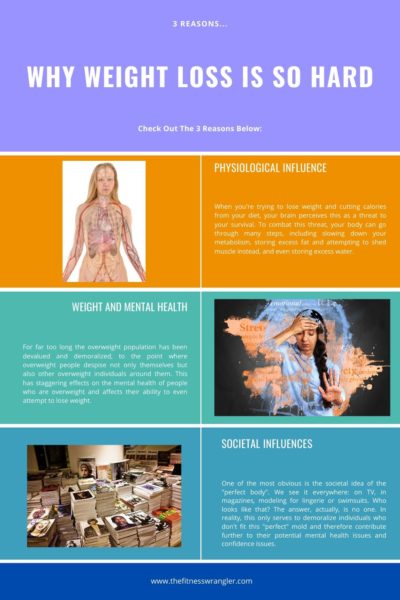
7 Things You Can Do To Lose Weight
Despite all the challenges, losing weight isn’t impossible. And now that we’ve gone over why weight loss is so hard, here are some tips that can help you lose weight and keep the weight off!
1. Diet
Changing your diet is the most effective way to lose weight. For starters, eating lots of low-calorie fruits and vegetables can fill you up without making you gain weight, as well as boost your immune system and keep you happy and healthy. Other than these healthy fruits and veggies, it’s important to include protein in every meal to keep you feeling full longer and maintain muscle, and add limited sugars in order to keep your blood sugar levels steady! Besides this, an easy way to cut out calories is to switch to lighter alternatives, such as low-fat mayonnaise or other dairy products.
It’s also important to consider not just what you’re eating, but what you’re drinking. Sweetened drinks like soda and some juices will stack on the calories without making you feel fuller; we call those empty calories. Avoid these by drinking low-calorie vegetable juice, or even just water. And make sure you’re being careful of the calories in your alcohol, as they can add up quickly!
2. Exercise
Other than diet, exercise is the most important aspect to consider when trying to lose weight. Generally, it is recommended that individuals exercise for 30 minutes a day. However, when losing weight, you might want to consider exercising even more than that. Averaging about 250 minutes of exercise per week (35 minutes per day) can lead to substantial weight loss over time.
If you don’t have time to exercise every day, that’s okay! What’s most important is keeping track of the amount you’re exercising, and the number of calories you’re burning. If you can’t work out on Tuesdays, add 5-10 extra minutes to your workouts on the other days to make up for it!
High Intensity Interval Training (HIIT) is a great way to get in great workouts in a short amount of time. Even if you don’t have resistance bands or weights you can get in a HIIT workout with just your bodyweight.
3. Counting Calories: The Calorie Deficit
Everything in life is about balance, and the same is true when it comes to losing weight. You can’t be exercising so much that you force yourself to overeat just to feel alright, nor can you eat so little that your body isn’t prepared to workout – you need proper recovery. This balance can be struck by creating a calorie deficit.
“What is a calorie deficit”, you might ask. Think of it like a worksheet, or an equation to help you determine how many calories you’re burning compared to how many calories you’re taking in through food and drink. In general, a calorie deficit of 500 calories per day will lead to 1 pound of weight loss per week, although this can be done in a manner of ways. For example, if you simply eat 500 calories less than you normally would per day, you will lose, on average, about 1 pound in that week. However, if you cut only 200 calories from your diet per week, and burn an average of 300 calories per day, you will also lose about 1 pound in a week
4. Timing Your Meals
The timing of your meals can have a big impact on weight loss as well. Although you may want to skip meals to cut calories, this can be detrimental to weight loss, especially if you’re skipping breakfast. Studies have shown that individuals who eat breakfast tend to have lower BMIs than those who skip, as well as show better daily performance, whether in school, at work, or while exercising.
Be cautious of eating too late and night, and establish a time when you will “close your kitchen”, i.e. not eat any more that night. While eating late at night does not necessarily cause weight gain, generally when eating later than did the calories are unnecessary and consist of high-calorie foods like chips, cookies, and candy. Plus, eating too close to bedtime can cause both indigestion and sleeping problems, neither of which are fun!
5. Finding A Diet That Fits You
Over the past few years, several diet trends and fads seem to have broken into the mainstream, prompting dieters to implement new trends in order to lose weight. Some of them seem to work, while others fall flat.
Intermitten Fasting (IF) may date back to prehistoric times, but recently it has emerged as a quick and easy way to lose weight. The concept is pretty simple: individuals restrict their eating to a specific time frame, therefore promoting healing and detoxifying qualities that help the body function better overall making it easier to lose weight. Intermittent fasting also helps because you have a smaller window of when you can eat, which can help in reducing overall calories.
Since IF is fairly new, human studies are limited and more research needs to be done to understand the effects of IF on our bodies. That being said, proponents of the diet swear by its effectiveness.
With diet trends you do have to be careful not to get caught in the latest trend over and over again. Because then you won’t be consistent with your nutrition which can completely throw off any weight loss potential. Diet trends aren’t bad if you find one that works well for you, you can stick with it easily, enjoy it and can find ways to make it healthy in the long run.
For example, the Paleo diet restricts gut harming foods and chemicals such as processed foods, beans, lactose and more.
6. Gut Health
Your stomach is absolutely filled to the brim with all sorts of bacteria whose goal is to survive in the acidic hell-hole that is your gut. In fact, there are around 37 trillion bacteria in your stomach, all with different properties and ways to help you lose weight, or gain weight. In order to increase the good bacteria in your gut, here are a few foods you can eat:
- A wide variety of plants
- Fermented foods, such as sauerkraut, yogurt, or miso
- Prebiotic foods, including artichoke, onion, garlic, banana, or even avocado
7. Taking Care Of Your Body
Although this may seem obvious, taking good care of your body has an immensely positive effect on weight loss. Studies have shown that getting less than 5 hours of sleep per night can contribute to obesity. This is because poor-quality sleep slows down your metabolism and causes an increased production of insulin and cortisol, both of which promote fat storage.
Stress can also trigger the release of hormones that promote fat storage. Therefore, it’s very important to keep stress levels as low as possible when trying to lose weight. This is easier said than done, of course, but there are plenty of ways to combat stress. Try yoga, meditation, or tai chi when feeling stressed or breathing and relaxation exercises. If all else fails, get outside! The bright sun and fresh air are great stress relievers: go for a walk, read a book under a shady tree, or plan some fun outdoor activities with friends!
Conclusion
Weight loss is not easy and your body doesn’t help make it easy because it’s just trying to keep homeostasis (no change in the body). So when you try to lose weight your body is fighting against you.
Why Weight Loss Is So Hard
- Physiological Influence
- Weight and Mental Health
- Societal Influences
7 Things You Can Do To Lose Weight
- Diet
- Exercise
- Calorie Deficit
- Meal Timing
- Finding A Diet That Works For You
- Healing The Gut
- Taking Care of Your Body
Disclaimers
I am not a doctor and do not recommend anything on this site, or blog post, for anyone without consulting with their doctor first. Please read the privacy policy for more information.
The information in this article is for educational and entertainment reasons, it should not be interpreted as medical advice or as a recommendation for a specific treatment. Always talk to your doctor and in the event of a medical emergency one should seek the help of a qualified and licensed health care provider.
You should understand that when participating in any exercise or exercise program, there is the possibility of physical injury. If you engage in this exercise or exercise program, you agree that you do so at your own risk, are voluntarily participating in these activities, assume all risk of injury to yourself, and agree to release and discharge Thefitnesswrangler.com from any and all claims or causes of action, known or unknown, arising out of Thefitnesswrangler.com
There are affiliate links in this post where we’ll get a paid fee if you purchase something from that link – it won’t cost any more to you and in some cases may even save you money.

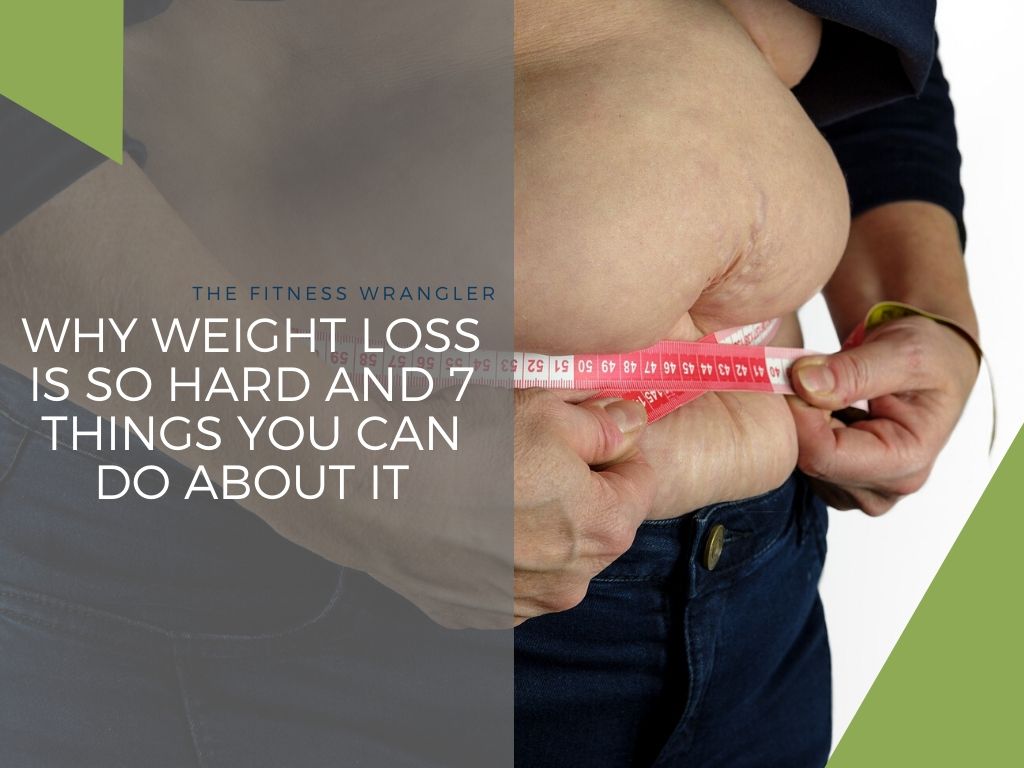
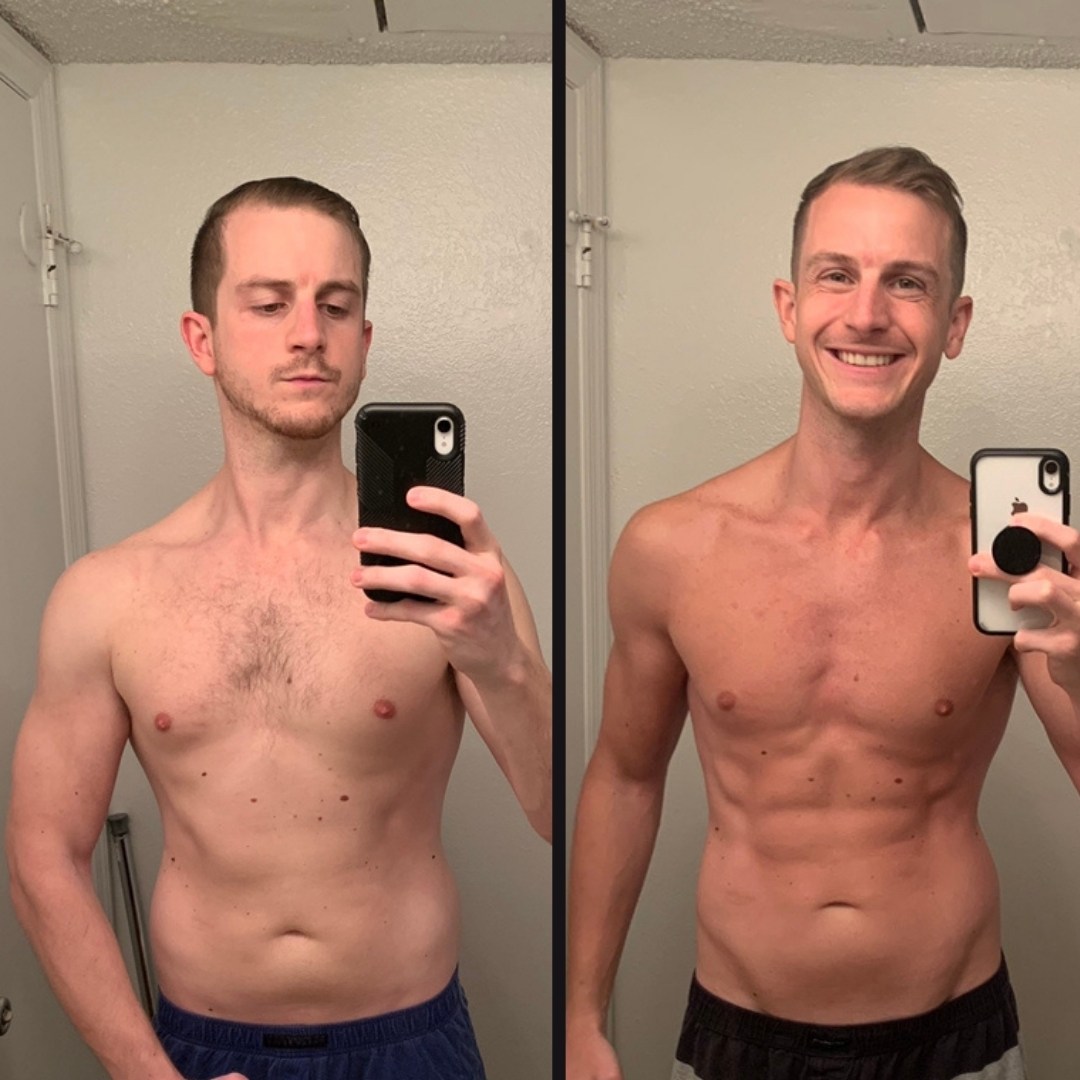


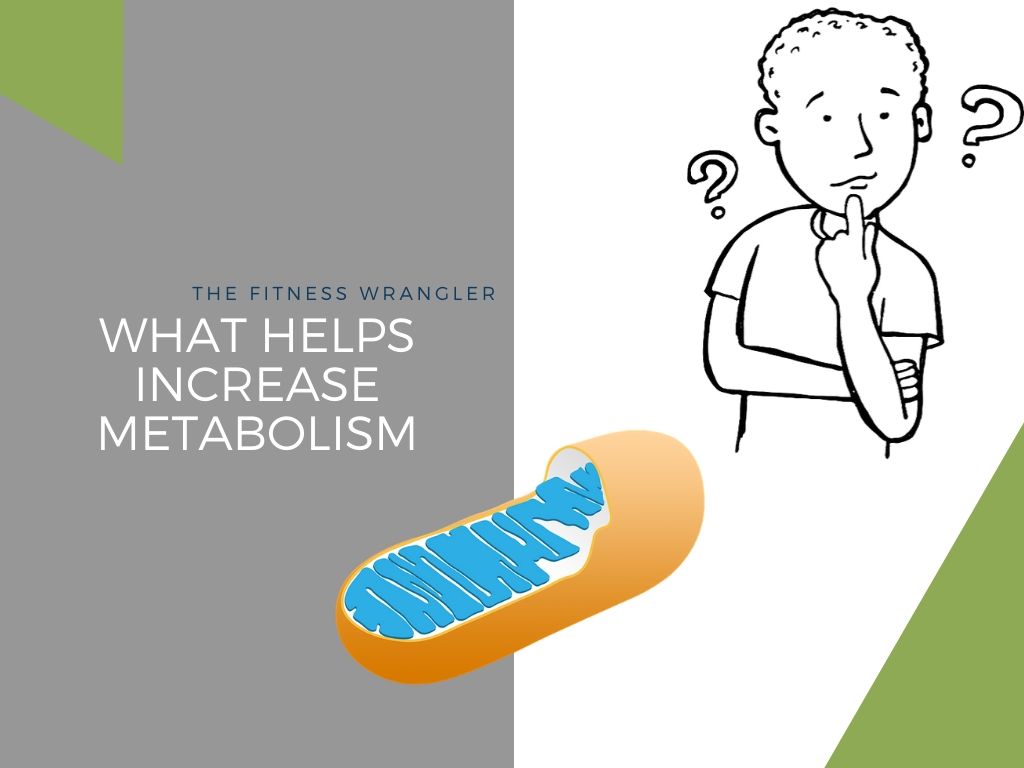

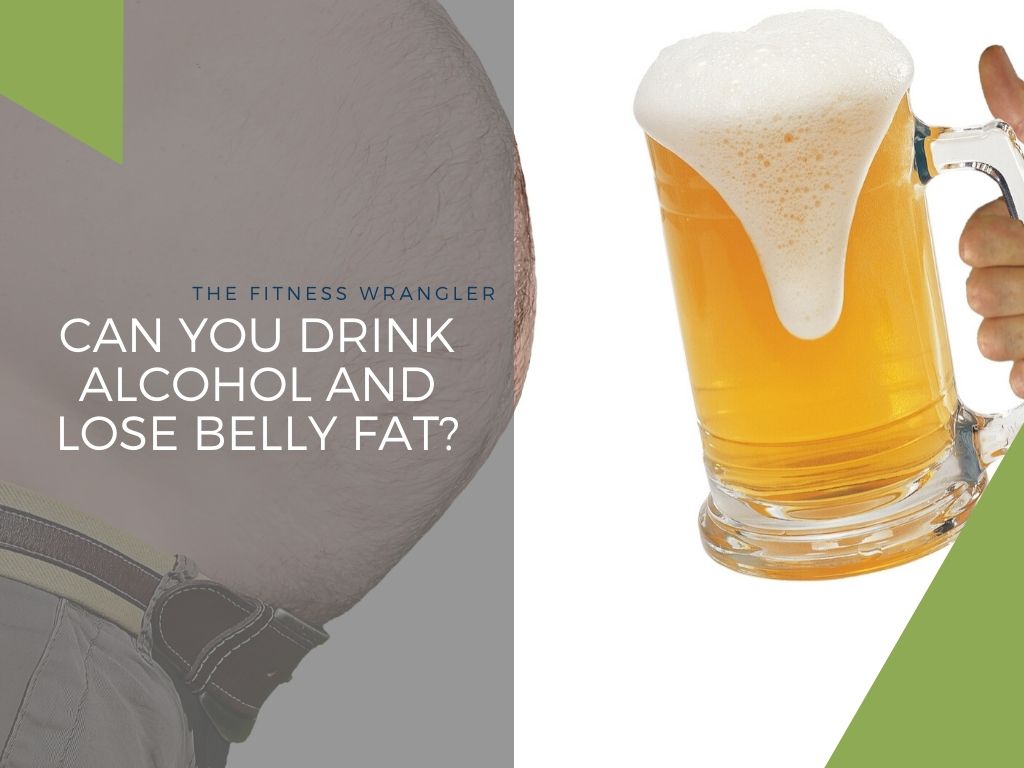


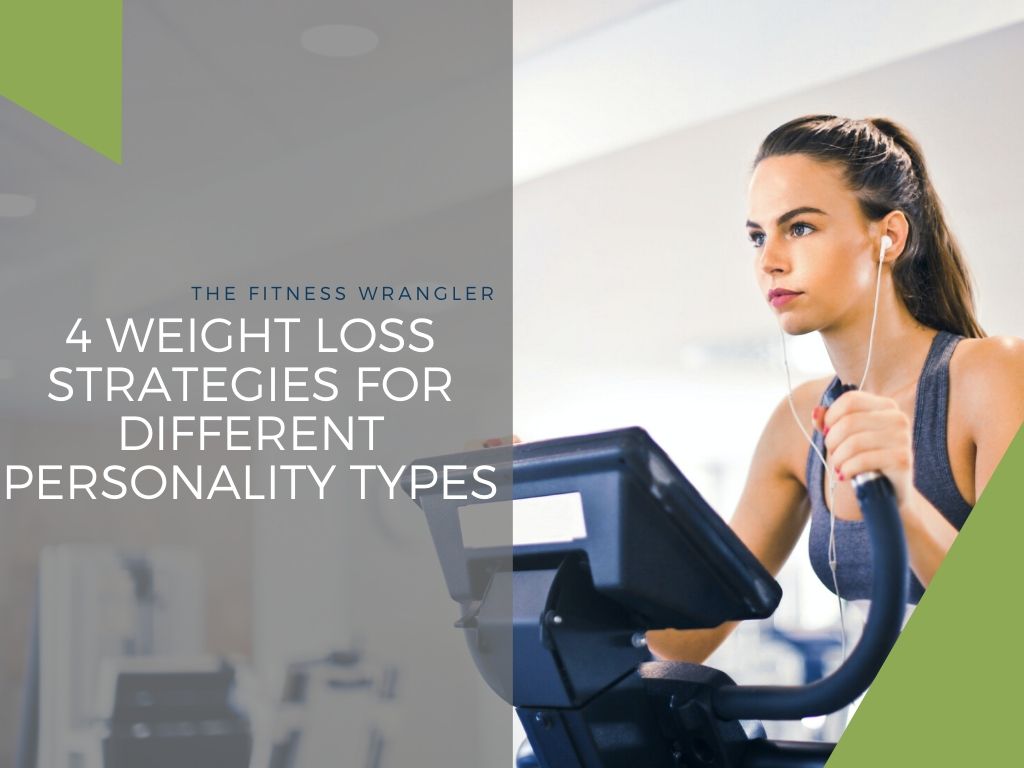
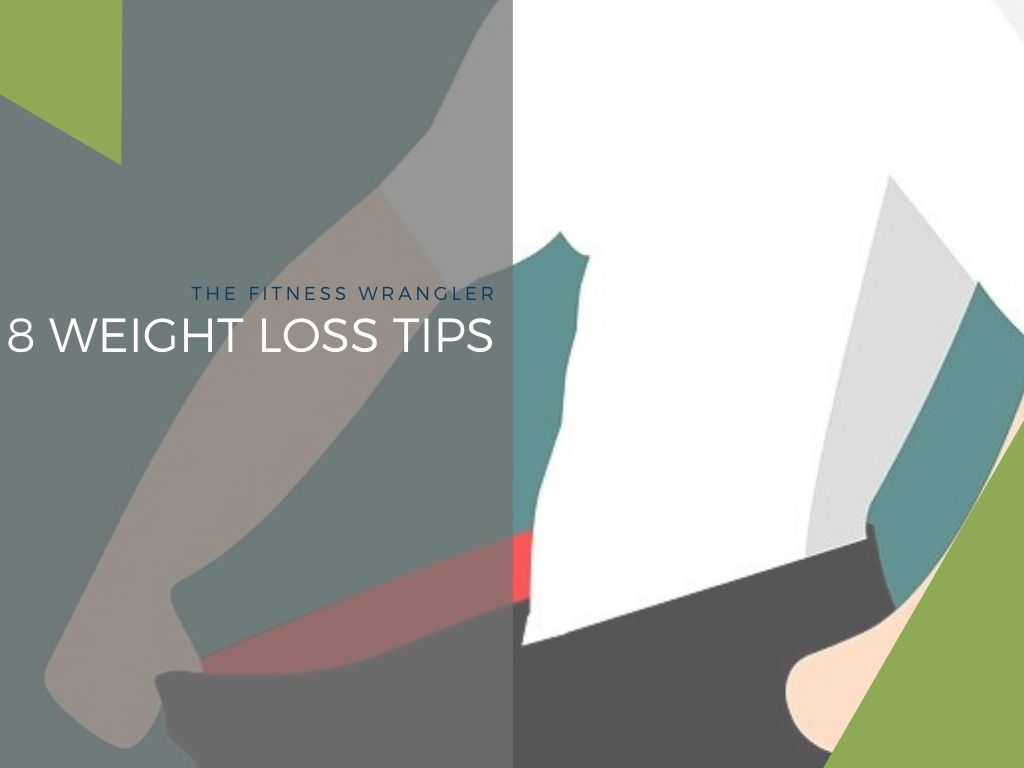
Leave A Comment